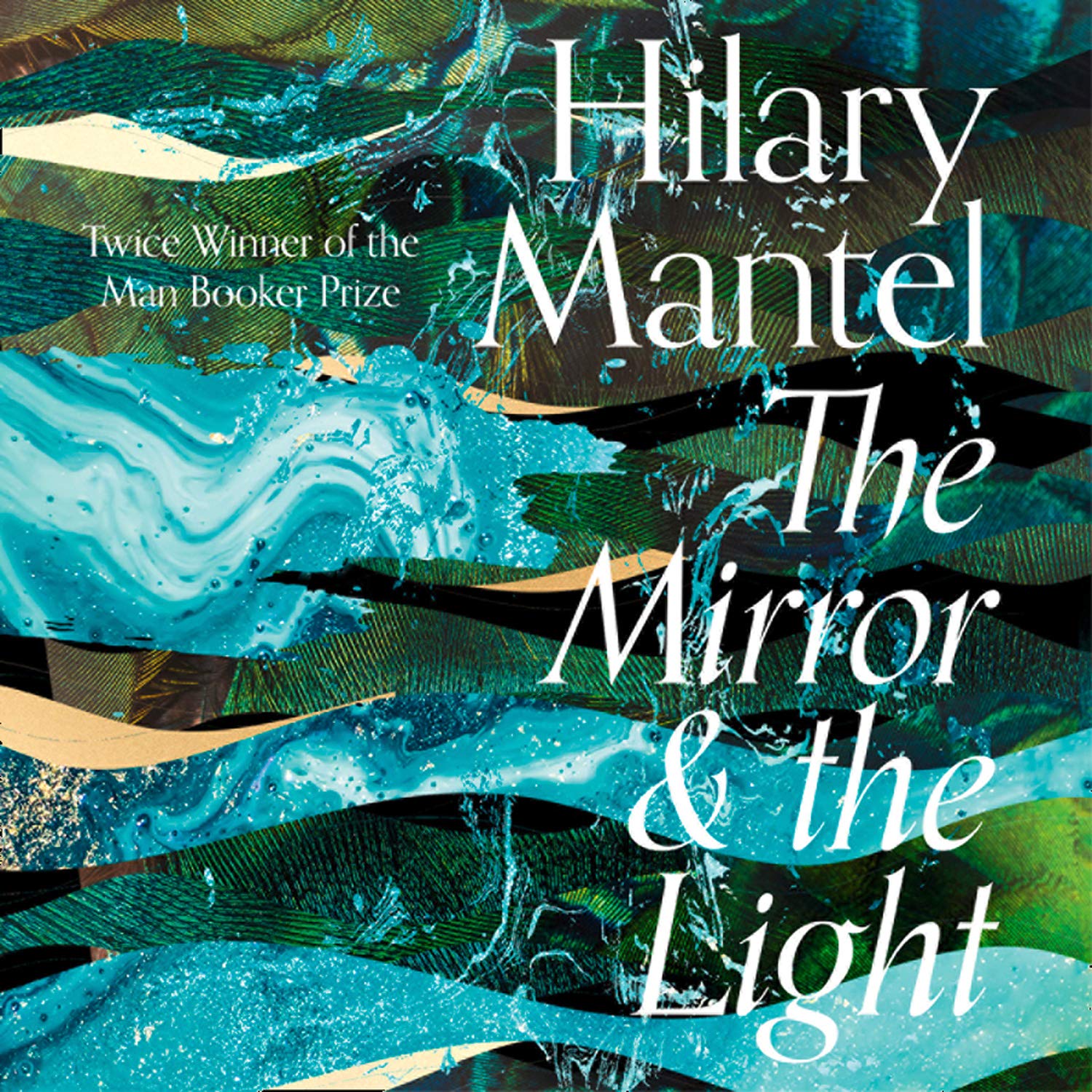
George Stewart’s 1949 novel, Earth Abides, is singular in both senses – it is the only science fiction the University of California Professor of English ever wrote, and also a remarkably prescient and deeply moving epic. Set in the aftermath of a virus that decimates the global population – the Great Disaster that derails the human project catastrophically (at least in terms of what we think of as ‘civilisation’) – the opening chapters depict an eerily quiet and depopulated land that could easily be one in lockdown. Yet as the protagonist, Isherwood Williams, (or ‘Ish’ as he becomes known) makes his solitary way back from the wilderness where he had been undertaking field research, it soon becomes apparent that a devastating plague has swept the land, leaving fly-ridden corpses in lonely gas stations, mummified ones in the desert, and rendering the former population clusters of cities as no-go zones. And the near mass extinction event of humankind allows for a rewilding of America, in a similar way to how Victorian nature writer Richard Jefferies imagined a ‘wild England’ in his post-apocalyptic novel of 1885, After London. Yet, unlike in Jefferies, where the first half of the novel is a detailed natural history survey sans character or plot, in Stewart’s narrative, Ish is our viewpoint character who has agency. We experience this biological apocalypse through his thoughts and senses – an academic, he reflects upon what he beholds stoically. Used to his own company and absorbed by his own preoccupations, he is able to cope with a depeopled California, until finally jarred out of his solipsism by first a dog, and then by chance encounters with the diseased, deranged, or decadent few who have also survived. He embarks upon a bleak road trip to the East Coast, only to be unimpressed by the remnants he encounters. Returning to the West Coast and his former childhood home, he settles down to a quiet life, until … well, I’ll leave that for you to discover. What is refreshing about Stewart’s post-apocalypse is the anthropological approach he takes in charting the vicissitudes of the remaining survivors. He takes the long view of history, and prophesies a circularity to it … the survivors subsist upon what they can scavenge, but eventually the shelves empty or are overrun by the swarms of ants, rats, and feral canines, and the scattered tribes regress into a future primitive state. The novel shows its age in some places – most notably in its problematic descriptions of people of colour, the handicapped, and of women. And yet Stewart nearly redeems himself by lauding the main female (and mixed race) character – who is shown to have greater strength and stamina than the men. She is rather put on a pedestal and is frequently referred to as the ‘mother of nations’ – and so this idealised feminine is just as problematic in its own way. Stewart also is far off the mark in his disavowal of climate studies as being of any relevance to future life on Earth: ‘Climatic change was not a practical problem.’ Yet for a novel written in the late 1940s, we can hardly blame the author for that blindspot, and in many ways Stewart’s sole foray into the speculative is a seminal work of Climate Fiction, and in that sense it is far ahead of the curve. It rightly won the first International Fantasy Award in 1951. So, despite its weaknesses of representation, the novel has many strengths – not just the breadth of its vision, but in its non-anthropocentric shifts, and its proto-ecological tone. It foregrounds the importance of environment, and exhorts (of the earth): ‘There is nothing else by which men live’. Stewart emphasises the Earth will survive us, and is indifferent to our plight. He destabilises our imagined position as the pinnacle of creation; he also challenges the vanity of ambition, the empty intellectualism of academe (whenever it ceases to have practical purpose), and the myth of progress. All that matters, he seems to infer, is our immediate community of connections, the family (or ‘Tribe’ in its extended form), our inner resilience, adaptability, and capability. Simple skills of survival become more important than the vainglorious dreams of betterment and posterity. And yet although this heartbreakingly charts the end of the Enlightenment Project and western civilisation’s brief moment in the sun, this is ultimately a humanist and humanitarian novel, and there is deep poetry and compassion here – in the poetic, pseudo-Biblical epigraphs; and in the loving record of marriage and friendship. A haunting vision of a plague-stricken America, there is nevertheless a quiet beauty here that lingers long after the book has been put down.
Kevan Manwaring


 I have just finished reading Hilary Mantel’s magnificent conclusion to her Thomas Cromwell trilogy, The Mirror and the Light, and apart from feeling somewhat bereft (now that I no longer have the double Booker Prize winner’s exquisite evocation of Tudor England to immerse myself in during lockdown) I find myself reflecting upon some of its themes.
I have just finished reading Hilary Mantel’s magnificent conclusion to her Thomas Cromwell trilogy, The Mirror and the Light, and apart from feeling somewhat bereft (now that I no longer have the double Booker Prize winner’s exquisite evocation of Tudor England to immerse myself in during lockdown) I find myself reflecting upon some of its themes.




















